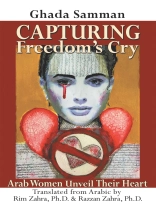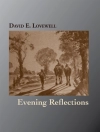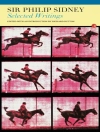Capturing Freedom’s Cry—a translation of I’tikal Lahzah Haribah (Capturing a Fleeting Moment), 1979—is a poetry collection written in Beirut by Ghada Samman during the early years of the Lebanese Civil War (1975-1990). The poems are set in the violent and destructive environment of this time. They are voiced by female narrators who, in addition to living amid the dangers and horrors of the War itself, engage in a necessary and deeply personal cultural struggle for freedom in a society where patriarchy and oppressive gender roles are the norm. In particular, the female narrators assert their personal power and right to sexual freedom and love. Samman’s advocacy for women’s autonomy and sexual equality, particularly in traditional Arab cultures, is courageous. In exposing the socio-political strife and cultural disparity that oppresses women, Samman demonstrates her conviction that the freedom of the nation and women’s liberation from patriarchal oppression are inseparable.
A propos de l’auteur
Celebrated Syrian-Lebanese poet, novelist, and essayist, Ghada Samman is a world-recognized voice for human rights and feminism in the Arab world. In the 1960s, she wrote short stories while living in Damascus, Syria, where she was born in 1942. To write and live more freely, she moved to Beirut, Lebanon, where she obtained an MA in literature at the American University of Beirut, worked as a journalist, and published her first poetry collection Love (1973) and novel Beirut 75 (1974). Since then, Samman has been a perennial voice decrying the atrocities of war and social injustice. While believing both men and women are oppressed by patriarchy, she gives special emphasis to women’s rights because she views them as doubly oppressed. Samman’s writing has been translated into twenty languages and her work is discussed in over twenty critical works in English, French, Russian, Italian, and Farsi.












